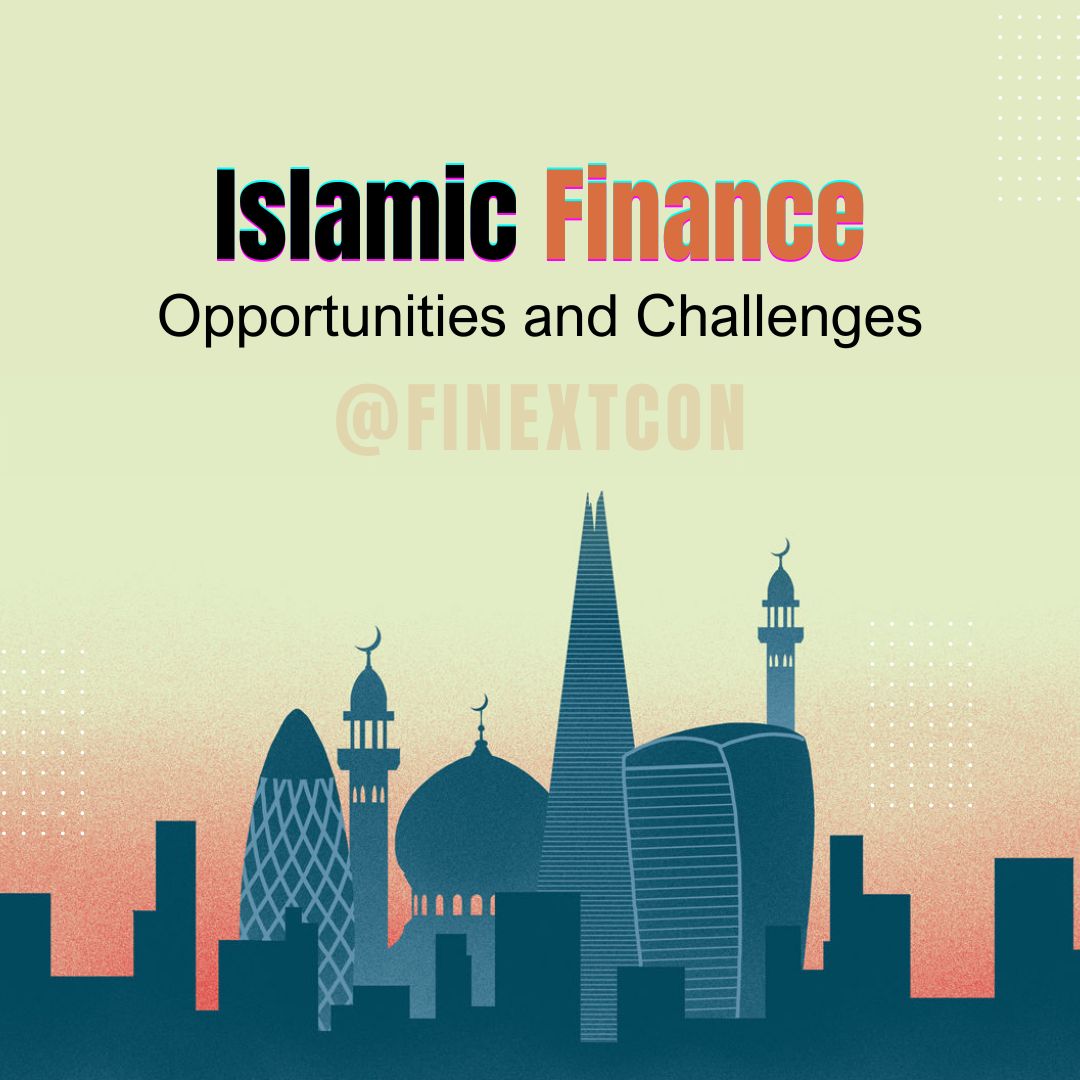Islamic finance has emerged as a significant player in the global financial landscape, offering a unique blend of ethical investing and financial innovation. As interest in Islamic finance continues to grow, it’s important to explore both the opportunities and challenges that this sector presents.
Opportunities in Islamic Finance
- Growing Demand: The demand for Shariah-compliant financial products is on the rise, driven by a growing Muslim population and an increasing awareness of ethical investment principles. This trend opens up a vast market for financial institutions and investors alike.
- Ethical Investing: Islamic finance prioritizes ethical and socially responsible investments. This aligns with the growing global trend towards sustainable and responsible investing, making it attractive to a broader range of investors, not just Muslims.
- Innovation and Technology: The integration of fintech is transforming Islamic finance, making it more accessible and efficient. Technologies like blockchain, AI, and digital banking platforms are being adopted to enhance transparency and service delivery.
- Stability and Resilience: Islamic finance instruments, such as Sukuk (Islamic bonds), have shown resilience during economic crises. This stability makes them an attractive option for investors seeking to diversify their portfolios.
Challenges in Islamic Finance
- Regulatory Framework: One of the key challenges is the lack of a unified regulatory framework. Different countries have varying interpretations of Shariah law, which can create complexity and uncertainty for investors.
- Standardization: There is a need for standardization in Islamic financial products and services. This would help in building trust and increasing the adoption of these products globally.
- Talent Gap: The industry faces a shortage of professionals with expertise in both Islamic finance and modern financial technology. Bridging this talent gap is crucial for the sector’s growth.
- Market Awareness: Despite its growth, awareness about Islamic finance and its benefits remains relatively low among non-Muslim investors. Increased education and marketing efforts are needed to attract a wider audience.
The Role of Conferences and Events
Conferences like the FiNext Conference play a pivotal role in addressing these challenges and capitalizing on opportunities in Islamic finance. The FiNext Conference, organized by InternetShine Corporation, brings together industry leaders, experts, and policymakers to discuss the future of financial services, including Islamic finance.
This two-day event, scheduled for February 10-11, 2025, in Dubai, covers a range of topics such as banking security, cash management, and cloud IT platforms. It aims to bridge the gap between traditional banking and emerging technologies, fostering a global community dedicated to transforming the financial sector.
By attending the FiNext Conference, professionals can gain insights into the latest trends in Islamic finance, network with industry peers, and contribute to the development of a more inclusive and sustainable financial ecosystem.
In conclusion, Islamic finance presents a wealth of opportunities for growth and innovation, but it also faces significant challenges that require collective effort and strategic planning. Events like the FiNext Conference provide the perfect platform for stakeholders to collaborate, innovate, and drive the sector forward.
